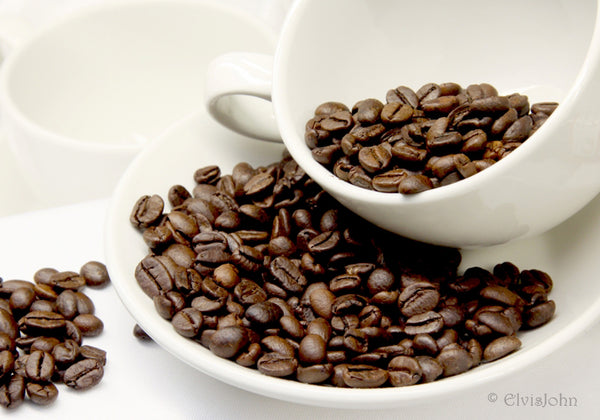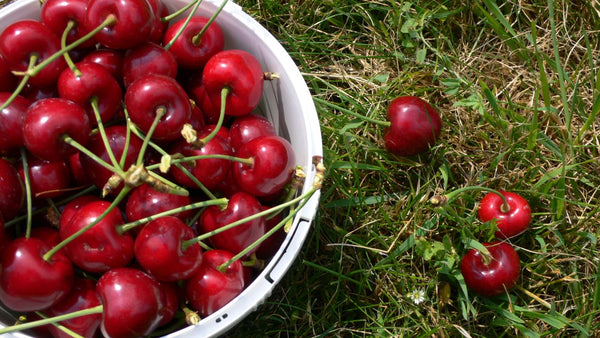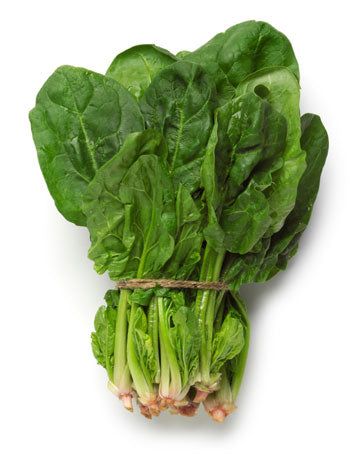12 Foods That Need To Be Organic
Not all of us can afford to go 100% organic food every time we shop. The solution is to know which foods come with more pesticides, additives and hormones. According to the Environmental Working Group (EWG), consumers can reduce their pesticide exposure by 80% by avoiding the most contaminated fruits and vegetables and eating only the cleanest.
EWG has been publishing guides to the most pesticide contaminated foods since 1995, based on statistical analysis of testing conducted by the USDA and the FDA. Here are the latest list.

Coffee
Many of the beans you buy are grown in countries that don't regulate use of chemicals and pesticides. Look for the USDA Organic label to ensure you're not buying beans that have been grown or processed with the use of potentially harmful chemicals.
Bell Peppers
Peppers have thin skins that don't offer much of a barrier to pesticides. They're often heavily sprayed with insecticides.
Tests have found 49 different pesticides on sweet bell peppers.
Celery
Celery has no protective skin, which makes it almost impossible to wash off the chemicals that are used on conventional crops.
Strawberries
Avoid buying strawberries out of season, as they're most likely imported from countries that use less-stringent regulations for pesticide use.

Cherries
Even locally grown cherries are not necessarily safe. In fact, in one survey in recent years, cherries grown in the U.S. were found to have three times more pesticide residue than imported cherries.
Grapes
Imported grapes run a much greater risk of contamination than those grown domestically. Vineyards can be sprayed with different pesticides during different growth periods of the grape, and no amount of washing or peeling will eliminate contamination because of the grape's thin skin. Remember, wine is made from grapes, which testing shows can harbor as many as 34 different pesticides.
Kale
Traditionally kale is known as a hardier vegetable that rarely suffers from pests and disease, but it was found to have high amounts of pesticide residue when tested in 2010.

Spinach
New on the list for 2010, spinach can be laced with as many as 48 different pesticides, making it one of the most contaminated green leafy vegetable.
Carrots
Off the list in 2010, carrots have made the list in previous years because of the 26 different pesticides that have been detected in food residue.
Peaches
Multiple pesticides are regularly applied to these delicately skinned fruits in conventional orchards; 62 pesticides have been detected in residue on peaches.
Apples
Like peaches, apples are typically grown with the use of poisons to kill a variety of pests, from fungi to insects. Scrubbing and peeling doesn't eliminate chemical residue completely, so it's best to buy organic when it comes to apples. Peeling a fruit or vegetable also strips away many of their beneficial nutrients.
Meat
Raising animals with conventional modern methods often means using hormones to speed up growth, antibiotics to resist disease on crowded feed lots, and both pesticides and chemical fertilizers to grow the grain fed to the animals.
------------------------------------------------------------------------------------------------------Sckoon Organics is a NY Brand of organic baby clothes, organic baby diapers, Breastfeeding pads, cloth menstrual pads, menstrual cup, and organic dog clothes. Visit Sckoon Organics.
